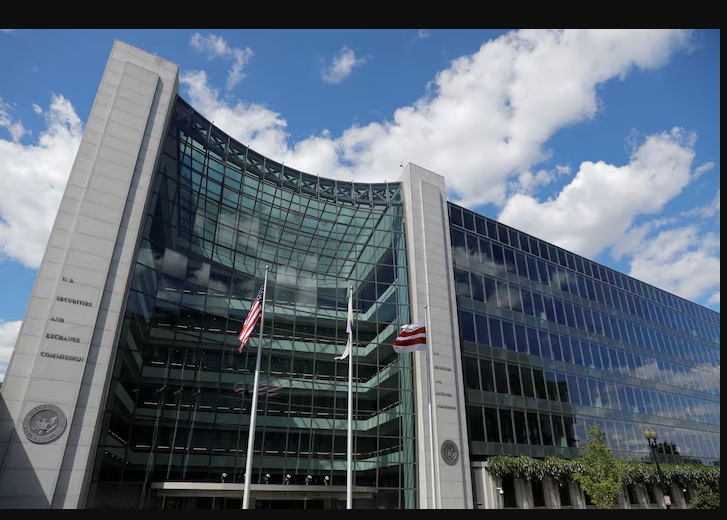Summary:
Sources indicate that SEC rulemaking is being delayed by unfavorable court decisions and legal challenges. Rules proposed by Chair Gary Gensler regarding private funds, climate change, and fund pricing are facing setbacks. Additionally, a Supreme Court ruling has hindered certain SEC enforcement actions. The SEC emphasizes its accomplishments and its commitment to ensuring regulations are effectively developed.
Summary of SEC Rulemaking Challenges
Rulemaking at the U.S. Securities and Exchange Commission (SEC), which was highly active early in President Biden’s administration, has significantly slowed due to a challenging legal environment. Recent court decisions have restricted the SEC’s ability to regulate the $27 trillion private funds industry, questioned the economic rationale for new share buyback disclosures, and limited its enforcement powers.
The SEC has also been impacted by Supreme Court rulings that reduce federal agencies’ authority to interpret ambiguous laws or issue significant regulations. As a result, SEC officials are reconsidering various rulemakings and enforcement actions to bolster their legal defensibility, according to anonymous sources familiar with the agency.
Chair Gary Gensler has acknowledged that the SEC adapts its approach following unfavorable court rulings, but the scale of necessary adjustments is becoming more apparent. Legal experts have identified over a dozen rules led by Gensler—covering areas like private funds, climate change, and diversity—that are either delayed or under legal threat.
These legal challenges are impeding the SEC’s ability to implement crucial safeguards, especially in an election year that may define Gensler’s legacy. Republican presidential candidate Donald Trump has vowed to fire Gensler and reduce regulatory measures if he wins the upcoming election.
Experts note that the SEC will face increased scrutiny and must provide stronger justifications for its actions, limiting what the agency can accomplish. While many agencies face legal scrutiny from conservative and industry groups, Gensler has secured some notable regulatory victories and completed major rules that enhance market efficiency and investor protection.
Since his appointment in 2021, Gensler has pursued an ambitious agenda aimed at improving transparency and addressing conflicts of interest on Wall Street. In 2022, the SEC proposed 30 new rules, the most in any year since the 2008 financial crisis. However, several lawsuits followed, leading industry groups like the Chamber of Commerce and the Managed Funds Association (MFA) to challenge multiple rules in court, claiming they were unjustified or exceeded the SEC’s authority.
The recent rulings from the Fifth Circuit have blocked rules related to stock buyback disclosures and private fund transparency, complicating the SEC’s ability to advance other proposals, such as those addressing investment advisers’ use of AI and cybersecurity measures. Legal experts suggest that the SEC may need to revise or abandon certain proposals in light of these rulings.
In September, Gensler indicated he could not comment on a planned proposal for corporate board diversity due to ongoing litigation. The SEC is focused on refining its proposals based on public feedback, with Gensler committed to ensuring accuracy and compliance.
Enforcement actions are also facing delays. Following a Supreme Court decision limiting the SEC’s ability to seek fraud penalties through internal tribunals, the agency halted all malpractice cases. Some progressives criticize Gensler for compromising too much in response to legal challenges, arguing that half-measures will not satisfy opponents. Former SEC commissioner Luis Aguilar remains optimistic about the agency’s ability to adapt to these evolving legal challenges.

